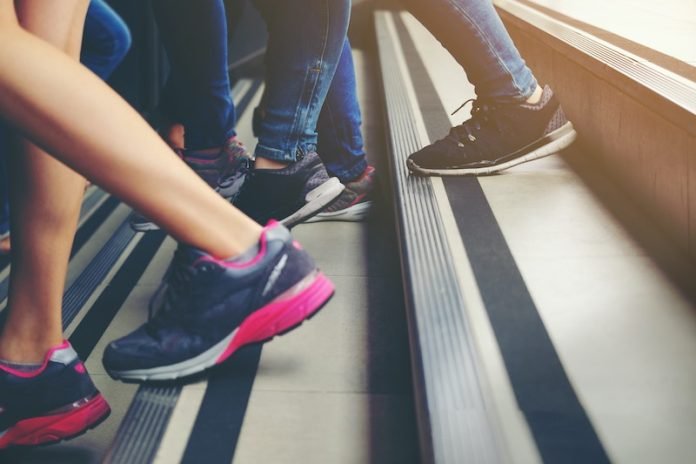
Americans walk less than their international counterparts due to perceived danger and less conducive conditions, according to a study led by Professor Ralph Buehler from Virginia Tech.
He and his team have been analyzing walking rates, pedestrian safety, and government policies across multiple industrialized nations and cities for over a decade.
Their findings indicate that Americans walk less and have a higher fatality rate per kilometer walked compared to other countries.
For instance, Americans make fewer than half the number of daily walking trips than Britons but are six times more likely to be killed while walking per mile traveled.
This pattern remains consistent when compared to other European countries, including Germany, Denmark, and the Netherlands.
All 11 countries studied from 1990-2020 saw a decrease in pedestrian fatalities per capita during that period, but the decline was significantly less in the U.S.
While other countries improved pedestrian safety from 2010-20, the U.S. was the only country to see an increase—up 25%—in pedestrian fatalities.
Steps toward Improvement
The researchers suggest several steps towards making walking safer and more attractive:
Better Designs: Incorporating pedestrian-friendly amenities like networks of clearly-marked, well-lit sidewalks and crosswalks, and safety islands into intersection corners and medians. Also, rethinking road placement and designing for speed are recommended.
Better Land Use: Revamping zoning laws and regulations to create more walkable communities, which would include allowing for more mixed-use spaces.
Better Driving Habits: Lowering speed limits, tightening laws related to drunk and distracted driving, and revising laws to put more responsibility on drivers.
Better Transportation Education: Implementing more proactive education programs related to both walking and driving for youth could increase the overall safety of both activities.
Buehler urges community members to communicate with their local politicians and city engineers about dangerous situations or infrastructure deficiencies they encounter while walking.
This grassroots involvement could play a significant role in making communities safer for foot travel.
If you care about health, please read studies about how eating eggs can help reduce heart disease risk, and why beetroot juice can strongly boost muscle force in exercise.
For more information about health, please see recent studies about how espresso coffee affects your cholesterol level, and results showing vitamin D could help lower the risk of autoimmune diseases.
The study was published in Sustainability.
Copyright © 2023 Knowridge Science Report. All rights reserved.



